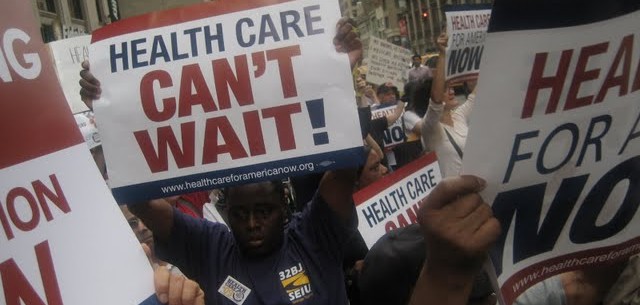Contrary to the wishes of many, the COVID-19 pandemic is not yet over, and there’s still important work to do to put it and its consequences firmly behind us. June is going to be a crucial month for Congress to get some important pandemic bills done before summer arrives in July when much attention will shift from lawmaking to election campaigning.
Here’s what needs to get over the finish line:

Continuing to Stop the Pandemic – Since March 2020, Congress has passed 6 bills to address the pandemic in various ways. Shockingly, the last round of funding authorized in March 2021 under the American Rescue Plan Act (ARPA) was not renewed by Congress this past March 2022 as part of a broad federal budget bill. Since then, much US funding for global programs has ceased, and domestic programs to pay for vaccines, testing, and treatment have begun to expire. The House did pass a stand-alone bill to restore such funding prior to their Easter-Passover break in mid-April.
However, the Senate has been gridlocked since then, for several reasons. One is political-ideological: the desire by the Republican Minority for the pandemic to be over-and-done-with as a public health crisis and shifting into a manageable “endemic” phase, regardless of reality. (Infection rates are going up again nationwide as we experience a new, fifth wave.) In addition, they want to use yet-to-be spent pandemic funding already made available to states under previous bills rather than appropriate new amounts, something many governors and Senate and House Majority members object to.
Another unrelated but complicating factor concerns whether to continue or revoke use of Title 42 of the Public Health Service Act, a provision that allows federal immigration authorities to prohibit people from entering the US if they pose a public health threat. Early on in the pandemic, the Trump administration cynically and opportunistically invoked it as a general immigration control (vs. public health) measure, particularly with regard to people seeking asylum at the southern border. Now, the Centers for Disease Control believes that use of Title 42 is not necessary to protect public health since the pandemic is already widespread across the US. However, the Senate Republican Majority is seeking to attach a rider to a new pandemic funding bill that would keep Title 42 restrictions in place by law (vs. Executive Order, as is currently the case), again as a general immigration measure, which is a misuse of current public health law.

Recovering from the Pandemic – Last fall, the House passed the Build Back Better Act, a comprehensive bill to foster longer-term economic and social recovery from the pandemic. (Previous bills were primarily focused to provide immediate response and relief.) Since then, the Senate has been gridlocked over how to respond to the House bill. The Senate Majority has been working to craft a “budget reconciliation” bill that will likely be narrower in scope and ambition, with a focus on lowering Rx drug prices and out-of-pocket costs (see details below), responding to climate change, rebalancing our economy and tax system by raising taxes on large corporations and the ultra-rich, and paying down some of the accrued national debt. We are all awaiting and hoping for an agreement to be announced and legislative action taken very soon.

What’s already agreed upon to lower prescription drug prices and out-of-pocket costs as part of a new Senate bill:
- Directing Medicare to negotiate prices with drug corporations.
- Limiting how much drug corporations can raise drug prices each year to the rate of general inflation.
- Capping the total amount of co-pays for people on Medicare to $2,000 per year.
- Capping monthly co-pays for insulin to $35 per prescription.

Health advocates are also pushing for the inclusion of these health care measures as part of it:
- Extension of health insurance premium subsidies for Affordable Care Act (ACA) health plans that were expanded under ARPA.
- Continuing funding to states for home and community-based long-term care services that were expanded under ARPA.
- Creation of a new “work-around” health insurance program for low-income people who live in the 12 states that have not yet expanded Medicaid under the ACA and consequently remain unnecessarily uninsured. (New York is not in this category.)
- Making funding for the State Child Health Insurance Program permanent.
- Providing funding to states to address disparities in maternal-child health morbidity and mortality.

We urge you to reach out our two US Senators from New York, Charles Schumer and Kirsten Gillibrand about these issues. Both are supportive of all of them, and are pushing to bring them to fruition. They deserve our thanks, and encouragement to keep working for a final deal. Here’s how to contact them:
Please also contact them on social media.
One additional and important note: As you contact both our Senators, it is important to stress that final deals are needed this month. Given the congressional calendar for this year and the impending mid-term elections this fall, it is vital that progress be made on these issues as quickly as possible, before the July 4th recess week. After then, it will be very challenging to make progress on them.
Finally, it’s also helpful to check-in with your U.S. Representative to thank them for what they’ve already done, and to encourage them to keep working with the Senate to get these additional bills completed. Here’s how to get in touch with them.
